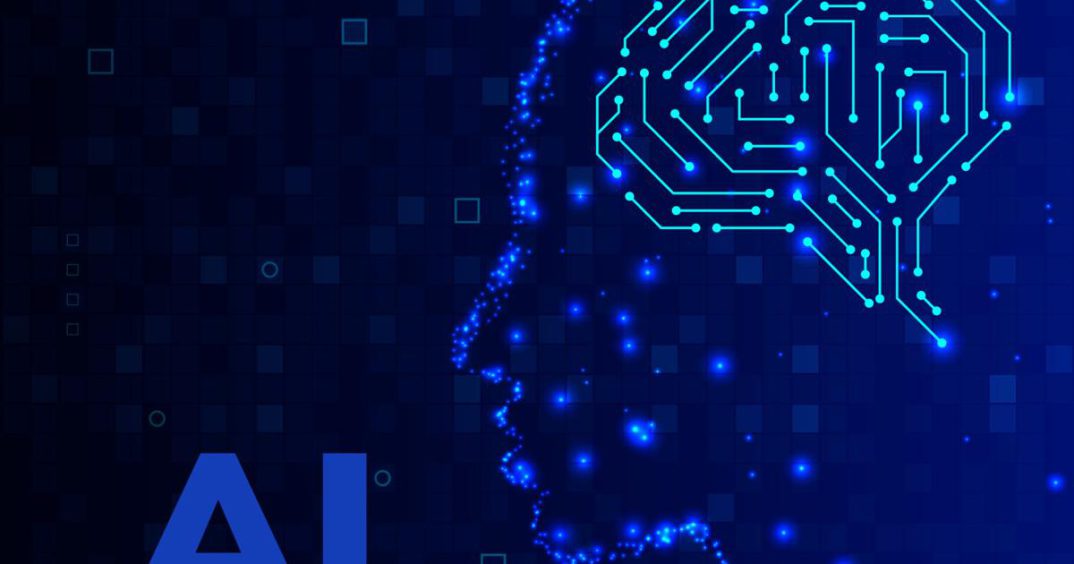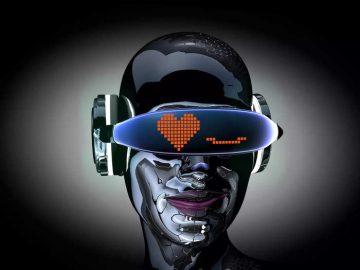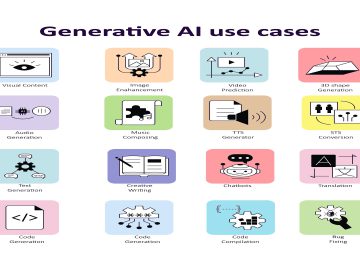Since the Industrial Revolution, workers have contended with technological threats to their jobs. Today that’s artificial intelligence, or AI.
AI has been a mainstay in our popular imagination for decades — from apocalyptic robot takeovers to thriving post-work societies. All that remains science fiction, but many of us understandably worry that AI might take our jobs.
The good news? That’s unlikely. The reality — and the less good news — is that AI is rapidly increasing surveillance in the workplace.
An overwhelming majority of workers say AI will have a direct impact on their jobs, but they don’t agree on how. Some feel that it will help, while 42% fear that some aspects of their job will soon be automated.
That’s certainly what many tech executives have suggested will happen. Reports that a majority of U.S. firms are planning to incorporate AI within the next year have compounded those concerns. In fact, Goldman Sachs predicts that generative AI could “substitute up to one-fourth of current work.”
Yet the concrete results of AI have been mixed at best.
Driverless cars haven’t materialized to replace humans on the road. McDonald’s cut ties with IBM after their new automated order taking system failed to make fast food orders more efficient. And Google’s new AI Overview tool — which seeks to “do the googling for you” — keeps spitting out comical falsehoods.
In short, AI isn’t as advanced as the tech industry would have us believe. But because these companies want to attract capital from investors, some are exaggerating or misrepresenting their AI capabilities, causing the Securities and Exchange Commission to crack down on two companies for so-called “AI-washing.”
Yet Big Tech remains undeterred. Most AI firms continue to be unprofitable, yet venture capitalists are still flooding the sector with billions of dollars with the hope it will one day transform the industry into a viable and innovative business.
In short, the “AI-will-replace-us-all-one-day” frenzy is a form of propaganda. It’s designed to demoralize workers over a future that may never arrive. Instead, our focus should be on where AI is actually deployed today: in the realm of worker surveillance.
Chevron and Starbucks are already using AI software to monitor the communications of their workers to flag discontent in the workplace. Amazon delivery drivers, meanwhile, are forced to “consent” to the installation of AI-powered cameras that financially penalize drivers for ordinary behavior like fiddling with the radio — or even mistakes they may not have actually committed.
Concerningly, some corporations are using military-grade AI to subvert and disrupt unionization efforts. These businesses use AI for digital union busting, identifying and firing labor organizers through keyboard tracking, Zoom call spying and alerts when a large number of employees hold internal meetings.
All of this transforms the workplace into an electronic panopticon where workers are constantly visible to an unseen watcher encroaching on their autonomy, privacy and labor rights.
Thankfully, workers are beginning to fight back.
The Teamsters negotiated a contract with UPS that included strong protections against AI surveillance. The Communications Workers of America succeeded in ensuring that any data collected by AI will be used for training purposes only — not to discipline workers. And the Writers Guild of America put guardrails on AI to ensure it doesn’t suppress wages — and make sure it remains under workers’ control.
While tech executives may promise that AI will fundamentally transform the economy, it’s unlikely to completely replace most workers. Even so, AI’s ability to devalue labor and diminish working conditions is troubling.
We need to make sure that technological advancements make work better, not worse. And unlike AI, we can act on our own accord. We can educate, advocate, and organize to make certain that new technologies are implemented for the benefit of all, not just the privileged few.




